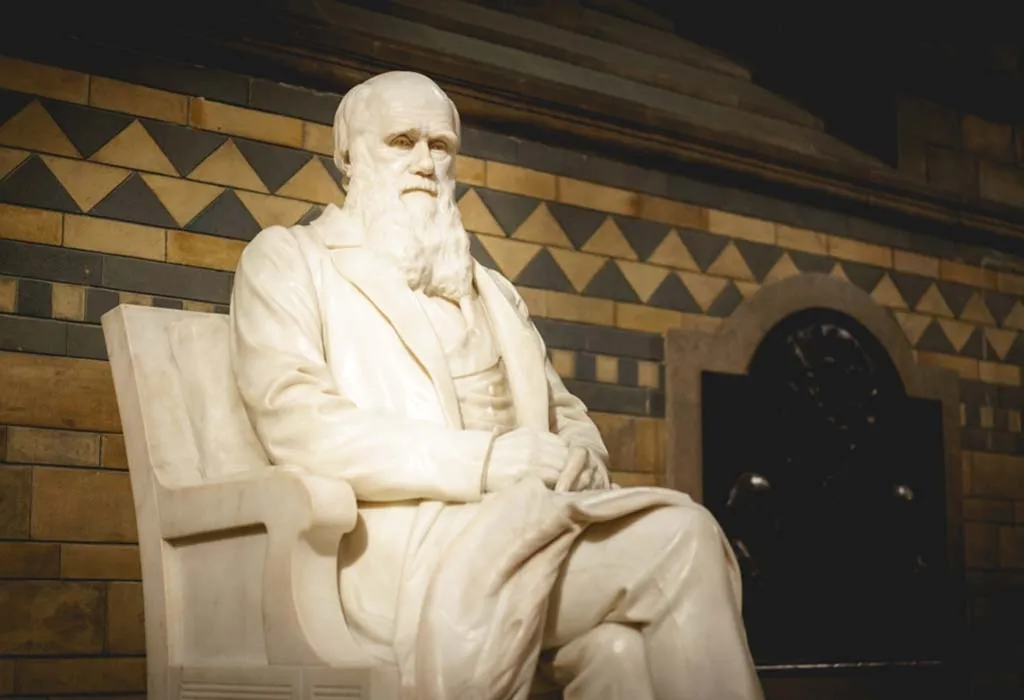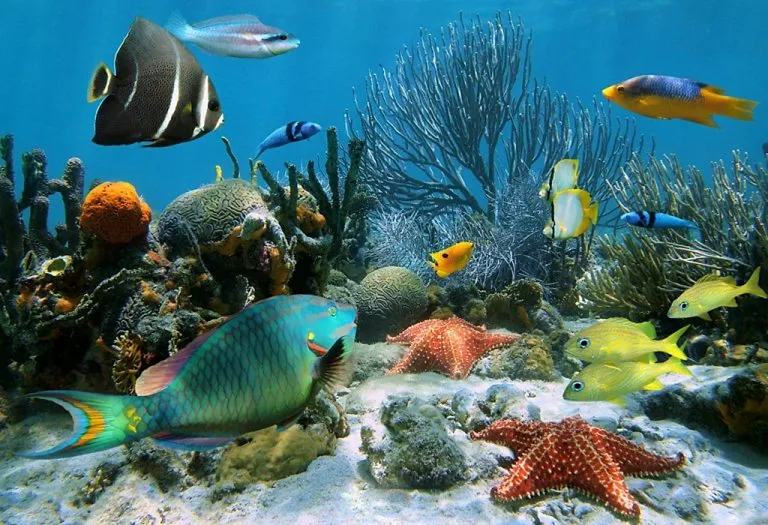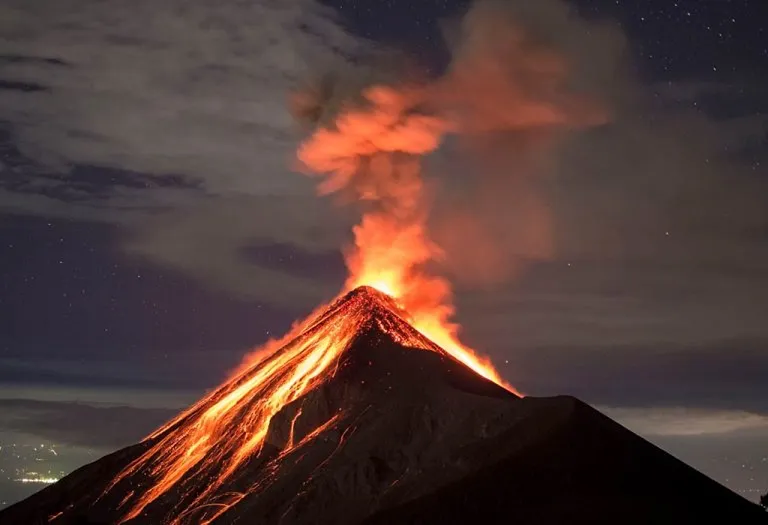Interesting Facts About Scientists for Kids
Science has always been fascinating for kids. The kids are often curious about the field of science and discoveries. Scientists are the people behind the fascinating and mind-bending discoveries and experiments. Kids who take interest in science idolise genius scientists and their work. The scientists are no less than heroes for the kids who love science and why not! They have shaped the course of the world with their genius discoveries and inventions.
The kids are always curious about how things work, the reason behind several facts, and so on. They are always ready with why, when, what and how for everything they see. Parents need to encourage their kids to study and learn about science and scientists. This helps them develop a questioning attitude. Knowing about the scientists who made many important discoveries, the scientists facts, and learning about them satiate their questions and polishes their mind. Read on to learn some surprising and interesting facts about scientists for children.
Who Are Scientists?
Scientists are professionals who study, conduct and gather information to gain an understanding of a particular field. They are involved in understanding the working principle behind various things in the world to formulate conclusions based on the evidence. The scientists work towards finding the answers to questions that are unknown or twisted through observations, research, and a questioning attitude.
Several industries require scientists to find, test, and conclude information for successful results. They can be found working in nearly every industry from business, teaching, technology, and others. While the skills required vary from industry to industry, there are some basic skills that most scientists have in common, which include curiosity, problem-solving skills, communication skills, organizational skills, and patience!
Types of Scientists
While all the people associated with the field of studying science and conducting research and experiments are known as scientists, there are so many different types of scientists. Science is a vast field, and it has many different branches. Most scientists study and gain expertise in a specific field of science. Among the hundreds of scientific fields, here are the types of scientists associated with some major field of Science:
- Botanists – the scientists who study plants’ life.
- Zoologist – the scientists who study animal life.
- Geneticists – the scientist who study genes, DNA, and heredity.
- Cytologists – the scientists who study cells.
- Astronomer – the scientist who studies the universe, planets, galaxies, and stars.
- Ecologist – the scientists who study the relationship between the environment and living organisms.
- Chemists – the scientists who study chemistry and chemical reactions and properties of matter.
- Microbiologists – the scientists who study microorganisms such as bacteria and fungi.
- Marine biologists – the scientists who study life in the ocean and water bodies.
- Entomologists – the scientists who study insects.
- Ornithologists – the scientists who study birds.
- Palaeontologists – the scientists who study fossils and prehistoric life.
- Pathologists – the scientists who study pathogens and diseases caused by pathogens.
- Geologists – the scientists who study the earth and earth matter.
- Meteorologists – the scientists who study the Earth’s atmosphere.
- Nuclear physicists – the scientists who study atoms and atomic reactions.
- Seismologists – the scientists who study earthquakes and the structure of the earth’s crust and movements.
Facts and Information About Famous Scientists for Kids
If your kid is interested in science, here are some interesting facts about scientists for children:
1. Albert Einstein
Albert Einstein, a German physicist, born in March 1879 is one of the most renowned scientists in history. His work has redefined the concepts of matter, energy, space, time, and gravity. The man behind the equation E=mc square developed the theory of relativity while making a significant contribution to the field of nuclear physics. Albert Einstein won the Nobel Prize for Physics in the year 1921 for the photoelectric effect.
2. Benjamin Franklin
Benjamin Franklin, born in 1706, was an American scientist known for inventing many things like bifocal spectacles, an efficient stove, glass harmonica – a musical instrument and fins for swimming. Benjamin is famous for making key discoveries about electricity and lightning, which led to the invention of the lightning rod. Franklin is known to conduct dangerous experiments where he flew a kite during a thunderstorm to attract lightning to prove his theory.
3. Charles Darwin
Charles Darwin was born in 1809 in England. He is known to give the theory of evolution published in his book, The Origin of Species. Darwin is known as the father of evolution. He is known to have developed the concept of evolution on his famous voyage to the Galapagos Islands in the Pacific Ocean. He gave the concept that all species have evolved from common ancestors over time through natural selection.
4. Francis Crick
Francis Crick was born during World War I in England. One of the pioneers in the field of molecular biology, his contribution to our understanding of molecular biology is highly credited. Francis Crick earned his bachelor’s degree in physics and started working to earn a PhD but had to pause his studies during World War II. After the war, he resumed his studies but chose to study Biology even though he never studied it before. He co-discovered the double helix modal of the DNA molecule. Francis Crick shared the Nobel Prize for discovering the DNA model with James Watson in the year 1962. Crick was also awarded the Prix Charles Leopard Meyer from the Academy of Sciences in France and the Award of Merit by the Gairdner Foundation.
5. Galileo Galilei
Galileo Galilei, born in 1564, was a great astronomer known as the father of modern science. With several feathers to his cap, he is most famous for the invention of the first space telescope. Galileo Galilei, while studying stars and galaxies, discovered 4 hidden Jupiter moons, and those moons are now known as Galilean Moons.
6. Isaac Newton
Isaac Newton, an English physicist and mathematician, was born in January 1643. Newton is a pioneer in the field of physics and astronomy, known for his discovery of gravitation and the theories on the Laws of Motion. An interesting scientist fact for kids about Newton is that he discovered gravity upon seeing an apple falling from the tree.
7. Marie Curie
Marie Curie, born in November 1867, was a French Physicist and Chemist. She is credited for the discovery of two new chemical elements – Polonium and Radium. Marie also introduced the concept of radioactivity. Curie was the first female Nobel Prize winner and the only woman scientist to win a Nobel prize in two different scientific fields.
8. Nicolaus Copernicus
Nicolaus was born in February 1473 in Poland. His discoveries in astronomy changed the view about the position of the Sun, Earth, and other celestial objects in space. He scrapped the earlier belief that Earth was the centre of the universe. Copernicus reasoned that the Sun was at the centre and gave the concept of heliocentrism. This idea was strongly opposed at that time. Modern astronomy is believed to have been inspired by Nicolaus’s work and ideas. Apart from astronomy, Copernicus was also a scholar, physician, mathematician, economist, artist and diplomat. The element Copernicium of the periodic table is named after Copernicus.
9. Niels Bohr
Niels Bohr was a Danish physicist born in the year 1885. Bohr is known for his revolutionary atomic structure theory and radiation emission. Bohr’s atomic model is the widely accepted atomic model today. He fled Denmark during World War II and joined the team of scientists working on the development of the atomic bomb in the US.
10. Stephen Hawking
Stephen Hawking was born in January 1942 in England. Hawking is known for his work in the field of cosmology and the structure of the universe. He worked to understand the theories of Einstein and worked on the physics of black holes. He wrote several best-selling books, the most famous of which was A Brief History of Time: From the Big Bang to Black Holes (1988). Stephen Hawking was diagnosed with ALS, a motor neuron disease, at the early age of just 21 years. The disease, however, could not stop him from becoming a pioneer in the field of science. He was wheelchair-bound and gradually learned to communicate through Artificial Intelligence.
11. C.V. Raman
Sir Chandrasekhara Venkata Raman was a renowned Indian physicist and scientist. He is well-known for his work on the concept of light scattering. He and his student K. S. Krishnan discovered when the light changes its wavelength after deflecting as it traverses through a transparent material. His discovery is known worldwide as the “Raman Effect”, for which he even received a Nobel prize. His discovery made it easy for everyone to learn about the reason behind the blue colour of the sky.
12. Srinivasa Ramanujan
Srinivasa Ramanujan was an exemplary Indian mathematician and a self-taught scholar, who, without any formal high-class training in mathematics, greatly contributed to mathematical analysis, infinite series, number theory, and continued fractions. By the age of 11, he outmastered the two college students in mathematical knowledge, and by the age of 13, he even mastered the book on advanced trigonometry written by S. L. Loney and self-discovered sophisticated theorems.
13. Homi J Bhabha
Born on October 30, 1909, in Bombay, Homi Jehangir Bhabha was an Indian physicist who made great contributions to the area of nuclear physics, especially Quantum Theory. He was the founding director of the Atomic Energy Establishment, which is now known as “Bhabha Atomic Research Centre (BARC)”. Little do people know that Bhabha was actually against the manufacturing of atomic bombs by the country; instead, he favoured the production of an atomic reactor to bring India out of poverty.
FAQs
1. Who is the youngest scientist ever known?
Gitanjali Rao, born on November 19 2005, is an American inventor, social activist, and author who won the Discovery Education 3M Young Scientist Challenge in 2017.
2. What are some of the oldest scientists in history?
Many believe Aristotle to be the first scientist. Other ancient scientists include Anaximander, who claimed that the Earth was not supported by cosmic columns or a tower of turtles; Galileo Galilei, who claimed that the Earth circled the sun and was not centric in the solar system; and Aryabhata, a great Indian mathematician and astronomer.
The modern world that we live in today is no doubt a result of the work of genius scientists and their discoveries. If it weren’t for famous scientists, the world would have been a different place. Scientists in different fields of Biology, Physics, chemistry, and astronomy have opened our eyes to several facts, allowing humans to find answers to impossible questions. Kids are constantly raising questions, developing ideas, and testing out things. The parents should pay attention to their kid’s interests and help them learn new facts about science and scientists. The scientific ideas, research, experiments, and discoveries are truly an inspiration for the kids who look forward to exploring the field of science.
Also Read:
Human Body Facts for Children
Uranus Planet Facts for Kids
Facts About Volcano for Children
Facts About Light for Children
Was This Article Helpful?
Parenting is a huge responsibility, for you as a caregiver, but also for us as a parenting content platform. We understand that and take our responsibility of creating credible content seriously. FirstCry Parenting articles are written and published only after extensive research using factually sound references to deliver quality content that is accurate, validated by experts, and completely reliable. To understand how we go about creating content that is credible, read our editorial policy here.














.svg)
















